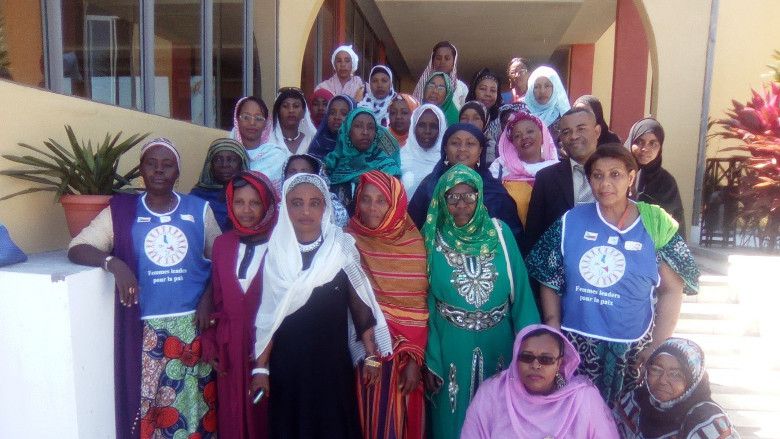MORONI, June 18, 2019―Globally, the traditional response to electricity theft is to disconnect users, prosecute, and undertake vigorous meter audits. This helps to recover some losses but doesn’t address the root cause.
In Comoros, the World Bank’s ESMAP Africa Gender and Energy Program and national energy utility Société Nationale de l’Electricité des Comores (SONELEC) took a different approach, blending social science, gender analyses, and behavior change principles.
Comoros has a unique socio-political structure combining African Bantu matriarchal traditions and the Muslim religion, in which women hold influential community positions and are considered household heads. This presented a promising opportunity to further empower women and make them local change agents to help reduce electricity theft and increase bill payment.
Before the intervention, SONELEC’s revenues were affected by people not paying their bills, defaulting on their bills, and not establishing formal connections, to the point where the utility’s operation was becoming unsustainable. Three months later, more people were paying their bills, and there was less electricity theft. […]
This article was originally published on The World Bank website and can be accessed here.











Follow us on: